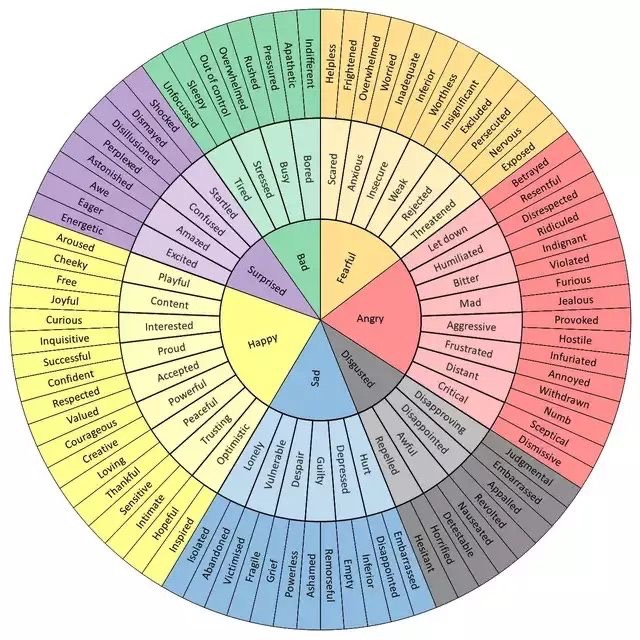What if I told you that you had the power to influence exactly how your colleagues or friends felt about any interaction? That’s right, if you want people to come away from a meeting feeling joyful, cheeky and free, you can make it happen. If your intention is for others to feel confident, respected, and valued in an interview, that’s in your gift. You can create moments where folk walk away feeling thankful, hopeful and inspired, or creative, curious and loving.
I’m not a big believer in ‘good’ or ‘bad’ emotions. Sadness, grief, and anger deserve as big a place in our emotional kaleidoscope as ecstasy, joy, and hope. Still, most of us would agree that a successful meeting or conversation is not one where you and your colleagues leave feeling tense, worried, and annoyed. It’s good to leave folk feeling playful, excited and motivated. Right?
Try it. If you have a meeting, interview or other conversation coming up this week, ask yourself how you want it to go. Don’t leave it to ‘fate.’
You’ll notice, I’ve grouped the feelings in sets of three. This is because, when you’re setting intentions for an upcoming conversation, three clear emotions is the right number for your brain to store.
Set your intention with the three words that best embody the feelings you want to foster. Write them on a sticky, or say them aloud to yourself three times before your meeting. And let your subconscious do the rest.
When your subconscious is holding your intention for a relaxed, cheeky, inspiring meeting, the odds are stacked in favour of it playing out in exactly that way. When the meeting is over, ask yourself to describe it in three words. Ask a friend or colleague how they felt about the meeting. Want to bet they say it felt relaxed and inspiring, and maybe a bit cheeky too?

I could no more easily explain to you how this magic works than I could explain the findings by Dr. Masaru Emoto, that people’s intentions and thoughts affect the shapes and patterns in a bowl of water. But I do know that our bodies are 60% water and that changes take place within our body as we consciously give intention to positive (or negative) choices. And I also know that your energy has a big impact on those around you.
It all starts with being specific in how you set your intentions. It’s no good simply saying, “I want everyone to feel happy.” Sure, we all love those fleeting moments when happy drugs pump through our veins, and of course we want to feel more of this. However, these moments of elation are just that, moments.And they occur differently for every one.
Way better to drill down to the specific kind of happiness you want to inhabit and engender. Is it optimistic, inspiring, and hopeful, or trusting, intimate and caring? Is it peaceful, loving, and thankful, or powerful, courageous and creative? Is it accepted, valued and respected, or proud, confident and successful? Perhaps you want to have it be playful, energetic, and silly, or inquisitive, joyful and free?
Through years of studying emotions, American psychologist Dr. Robert Plutchik proposed that while there are just eight primary emotions that serve as the foundation for all others (joy, sadness, acceptance, disgust, fear, anger, surprise, and anticipation) there are some 34,000 distinct emotions, which stem from these. We can learn how to identify the 8 primary emotions and act accordingly.
If the Inuit people had only one word for snow, their entire world would occur as a great blanket of white. As it is, they are able to distinguish a rich myriad of gradients, with 52 words, where we only have one. Likewise, instead of simply saying “I’m happy.” “I’m sad” or “I’m angry.” it’s very helpful to access the precise emotion we are feeling, or want to feel in the future.



